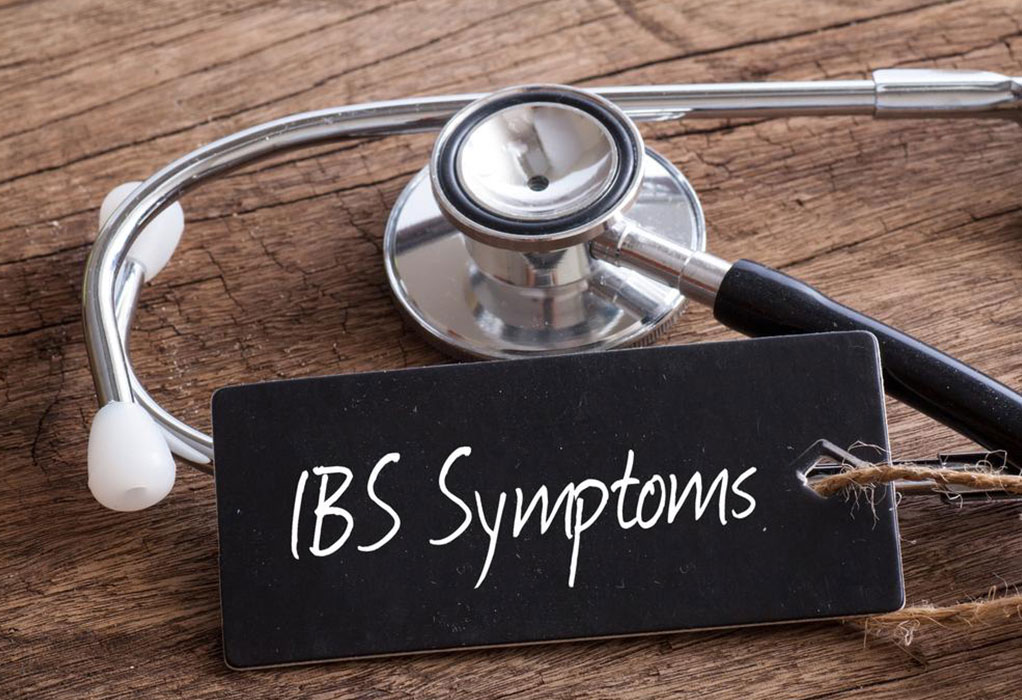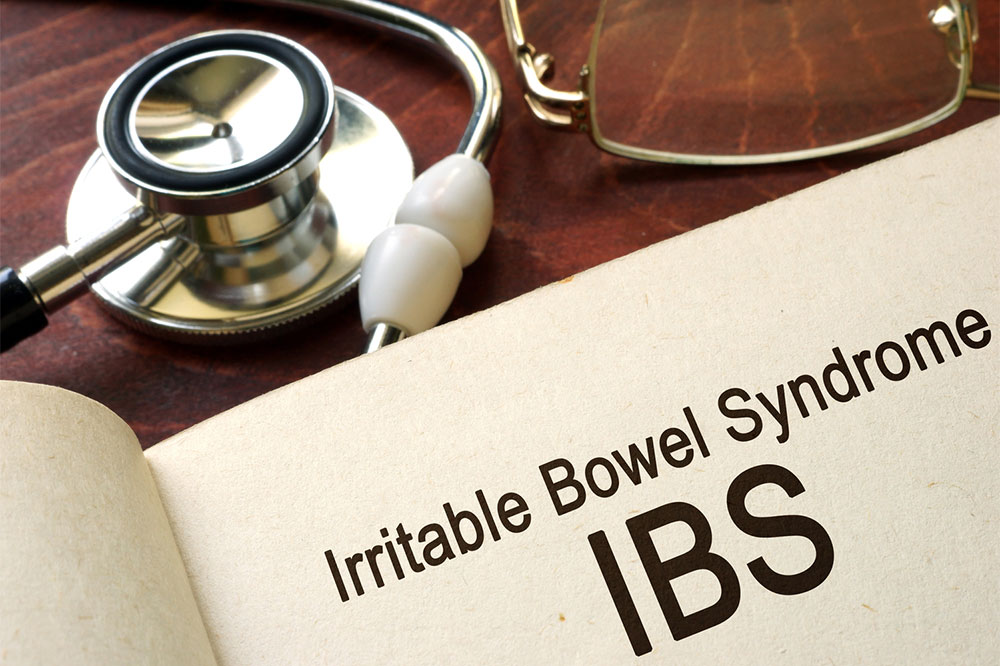Comprehensive Insights into the Causes of Irritable Bowel Syndrome (IBS)
This comprehensive article explores the multifaceted causes of irritable bowel syndrome (IBS), including abnormal gut motility, heightened nerve sensitivity, psychological influences, and microbiota imbalance. It offers insights into how these factors interplay to trigger symptoms and discusses holistic management approaches for improved quality of life. Essential for those seeking an in-depth understanding of IBS's root causes, the article emphasizes the importance of integrated treatment strategies and stress management techniques.

Comprehensive Insights into the Causes of Irritable Bowel Syndrome (IBS)
Irritable bowel syndrome (IBS) is one of the most common digestive disorders affecting millions worldwide. Characterized by a range of uncomfortable symptoms such as persistent abdominal pain, unpredictable bowel habits, and abnormal stool consistency, IBS can significantly impair daily functioning and quality of life. Typically diagnosed when symptoms persist for at least three days per month over a span of three months, this condition is often referred to as spastic colon. Although IBS is not life-threatening, it can be highly disruptive, leading many individuals to alter their routines or restrict social activities due to discomfort.
Depending on the dominant symptoms, IBS is classified mainly into diarrhea-predominant (IBS-D), constipation-predominant (IBS-C), or mixed patterns where individuals experience alternating constipation and diarrhea. Understanding the intricacies of this condition involves exploring multiple underlying factors that contribute to its development. Despite extensive research, the exact cause of IBS remains elusive, but current scientific insights reveal a complex interplay of gastrointestinal, neurological, psychological, and genetic components.
Understanding the Underlying Mechanisms of IBS
One of the core features of IBS is abnormal intestinal motility, or irregular movements within the digestive tract, which disrupts normal bowel function. In healthy individuals, the muscles lining the intestines contract rhythmically to propel food and waste through the digestive system efficiently. However, in IBS sufferers, these contractions can become unpredictable—either excessively strong, leading to pain and diarrhea, or too weak, causing sluggish movement and constipation. This dysregulation often results from disrupted communication between the gut and the brain, a close-knit system known as the gut-brain axis. Factors such as stress and dietary habits can exacerbate these irregularities, leading to heightened symptoms.
Gut Sensitivity and Nerve Response
Many individuals with IBS have a heightened sensitivity in their gastrointestinal nerves. This hyper-responsiveness means that normal bowel movements or minor distension can cause significant discomfort or pain, often amplified by brain responses that interpret these sensations as painful. This abnormal sensitivity is part of why IBS symptoms can be so unpredictable and distressing, even when no visible signs of inflammation or structural abnormalities are present in the gut.
Factors Contributing to IBS Development
Multiple external and internal factors can trigger or worsen the symptoms of IBS. Dietary choices play a significant role; common aggravators include spicy foods, high-fat meals, dairy products, beans, and artificial sweeteners. Alcohol consumption and caffeine are also known to induce episodes. Hormonal fluctuations, especially in women during periods, pregnancy, or menopause, influence gut motility and sensitivity, contributing to the higher prevalence of IBS among females.
Infections such as gastrointestinal illnesses caused by bacteria or viruses can lead to post-infectious IBS. Additionally, alterations in the gut microbiota—the balance of beneficial and harmful bacteria—have been linked to symptom severity. Psychological stress, depression, and anxiety are not just consequences but also contributors, as these mental health factors can alter gut motility, increase abdominal pain, and influence immune responses within the digestive system.
The Impact of Psychological and Hormonal Factors
Psychological health plays a pivotal role in the manifestation and severity of IBS symptoms. Chronic stress, anxiety, depression, and other emotional disturbances can intensify gut sensitivity, cause muscle spasms, and impair immune defenses within the gastrointestinal tract. The relationship between mental health and IBS forms a bidirectional loop, where stress worsens symptoms, and ongoing discomfort perpetuates anxiety or depression.
Managing psychological health through relaxation techniques such as mindfulness, meditation, cognitive-behavioral therapy (CBT), and yoga has shown promise in reducing symptoms and improving patients’ overall well-being. Recognizing the importance of a holistic approach that encompasses both physical and mental health is essential for effective IBS management.
Summary
In conclusion, irritable bowel syndrome is a multifaceted disorder with a complex pathophysiology involving abnormal gut motility, heightened nerve sensitivity, microbiota imbalance, and psychological factors. Although the precise cause remains unknown, ongoing research continues to shed light on the intricate mechanisms behind IBS. A comprehensive understanding of these factors is crucial for developing tailored treatment strategies, which may include dietary modifications, stress management, pharmacotherapy, and psychological support. By addressing the diverse elements contributing to IBS, individuals can better manage their symptoms and achieve an improved quality of life.





